In 2025, cloud computing and DevOps practices continue to evolve, and organizations are increasingly leveraging AWS (Amazon Web Services) to streamline their infrastructure and deployment pipelines. If you’re preparing for an AWS DevOps interview, this guide covers key questions and answers that will help you ace the interview and demonstrate your expertise in AWS services.
1. What is AWS IAM, and Why is It Important in DevOps?
AWS IAM (Identity and Access Management) is a vital service that enables secure management of AWS resources by controlling who can access them and how. In DevOps, IAM is crucial for ensuring that only authorized users, applications, and systems can access resources, which supports secure and automated deployment processes.
2. What’s the Difference Between Amazon EC2 and AWS Lambda?
- Amazon EC2: A virtual server where you can fully manage the infrastructure. It is ideal for long-running applications that need specific configurations.
- AWS Lambda: A serverless compute service that allows you to run code without managing servers. It’s best for event-driven, short-lived tasks.
3. What Is an S3 Bucket, and How Is It Used in DevOps?
Amazon S3 (Simple Storage Service) is an object storage service used for storing and retrieving data. In DevOps, S3 is typically used to store build artifacts, logs, configuration files, and static content. It helps streamline CI/CD pipelines and supports automated deployment processes.
4. What Is AWS CloudFormation?
AWS CloudFormation is a powerful Infrastructure as Code (IaC) service that allows you to define and provision AWS infrastructure using JSON or YAML templates. It ensures consistent and repeatable deployments, enabling DevOps teams to automate infrastructure provisioning and management.

5. What Is the Purpose of AWS CodePipeline?
AWS CodePipeline is a fully managed continuous integration and continuous delivery (CI/CD) service that automates the build, test, and deployment phases of your application’s release process. It integrates with other AWS services like CodeBuild and CodeDeploy to streamline the release cycle.
6. What Is the Difference Between Amazon RDS and DynamoDB?
- Amazon RDS (Relational Database Service): A managed relational database service (e.g., MySQL, PostgreSQL) for structured data and complex queries.
- DynamoDB: A NoSQL database service designed for unstructured or semi-structured data with high scalability and low-latency performance.
7. What Is AWS Elastic Beanstalk?
Elastic Beanstalk is a Platform as a Service (PaaS) that simplifies the deployment and management of applications. It automatically handles capacity provisioning, load balancing, and scaling, making it easier to focus on application development rather than infrastructure management.

8. What Is the Role of AWS CloudWatch in DevOps?
CloudWatch is a monitoring service that collects logs, metrics, and events. In a DevOps environment, it helps track application performance, set alarms for issues, and troubleshoot problems. It is a critical tool for ensuring optimal performance and availability.
9. What Is the Difference Between Horizontal and Vertical Scaling in AWS?
- Horizontal Scaling: Adding more instances (e.g., EC2 instances) to distribute the load across multiple resources.
- Vertical Scaling: Increasing the size (CPU, RAM) of an existing instance, such as upgrading from t2.micro to t2.large.
10. What Is AWS ECS, and How Does It Differ from EKS?
- ECS (Elastic Container Service): A fully managed container orchestration service for Docker containers. It is AWS-native and simplifies deployment.
- EKS (Elastic Kubernetes Service): A managed Kubernetes service for container orchestration. It is based on Kubernetes, providing a more portable solution across different cloud environments.
Scenario-Based Questions in AWS DevOps Interviews
Scenario 1: Deploying a Microservices-Based Application
When deploying a microservices-based application with high availability and scalability, you might choose services like:
- ECS/EKS for container orchestration.
- ALB (Application Load Balancer) for efficient traffic routing.
- RDS/DynamoDB for managing the database.
- CloudWatch for monitoring.
- Auto Scaling for handling traffic spikes.
Scenario 2: Optimizing CI/CD Pipeline Build Times
If your team experiences slow build times in the CI/CD pipeline:
- Use CodeBuild with caching to speed up builds.
- Parallelize build stages in CodePipeline.
- Store build artifacts and dependencies in S3.
- Optimize build infrastructure with faster EC2 instances
Scenario 3: Troubleshooting Production Downtime
If a production application experiences intermittent downtime:
- Check CloudWatch logs for errors and high latency.
- Use CloudTrail to audit API calls and detect unauthorized changes.
- Examine Auto Scaling and ELB configurations.
- Trace requests with AWS X-Ray to identify bottlenecks.
Bonus: Behavioral and Technical Questions
1. Describe a time you used AWS services to solve a challenging DevOps problem.
In your answer, emphasize a real-world scenario. For instance: “I used CloudFormation to automate the deployment of a multi-tier application, which significantly reduced deployment time from several hours to just minutes.”
2. How do you stay updated with new AWS services and features?
An ideal answer might be: “I stay updated by following AWS blogs, attending webinars, and experimenting with new services in my personal AWS account.”
3. How do you manage costs in AWS while maintaining performance?
Effective cost management strategies might include:
- Using Cost Explorer to track spending.
- Implementing Auto Scaling and using Spot Instances.
- Leveraging Reserved Instances for predictable workloads.
Conclusion
AWS DevOps is a rapidly evolving field, and the right preparation is key to success. By understanding the core AWS services like IAM, EC2, S3, CloudFormation, and others, you can confidently approach your next AWS DevOps interview. The ability to explain these services and how they integrate into real-world DevOps scenarios will set you apart as a skilled and adaptable candidate. Good luck!
This blog post includes essential keywords like AWS DevOps, EC2, Lambda, IAM, CloudFormation, ECS, RDS, CodePipeline, and more to help your website rank higher in search engines and reach a broader audience.




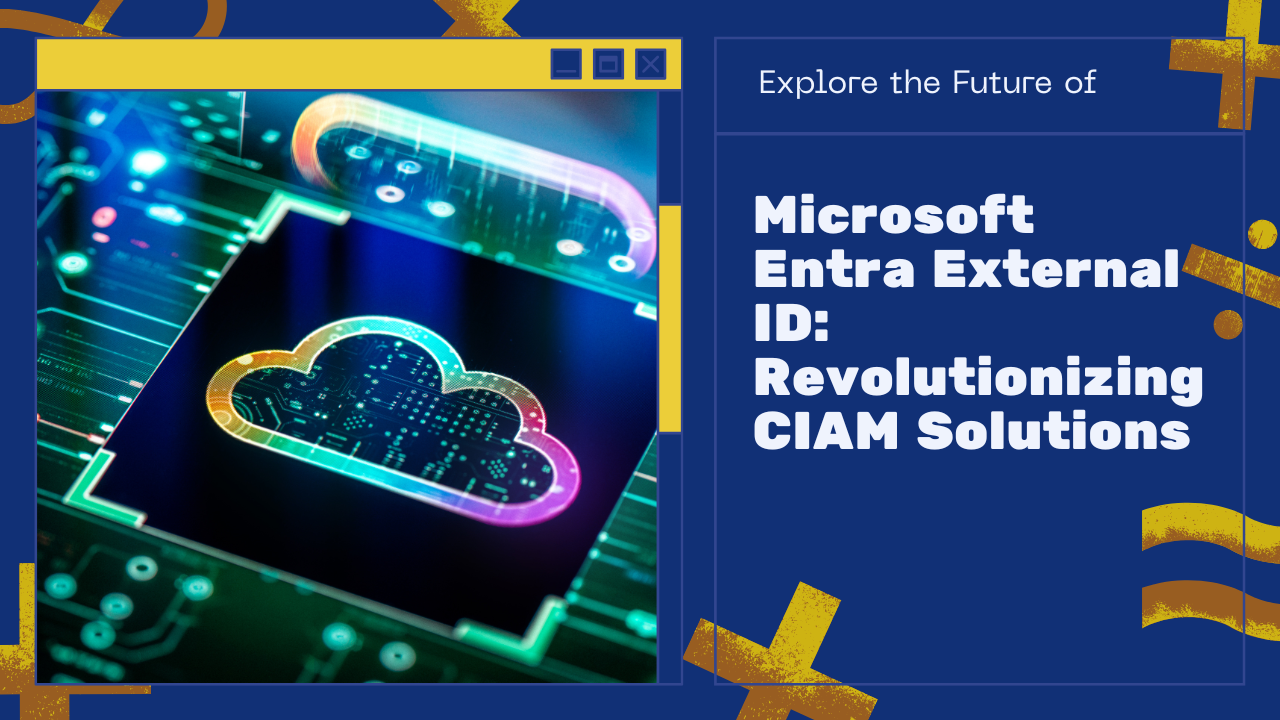
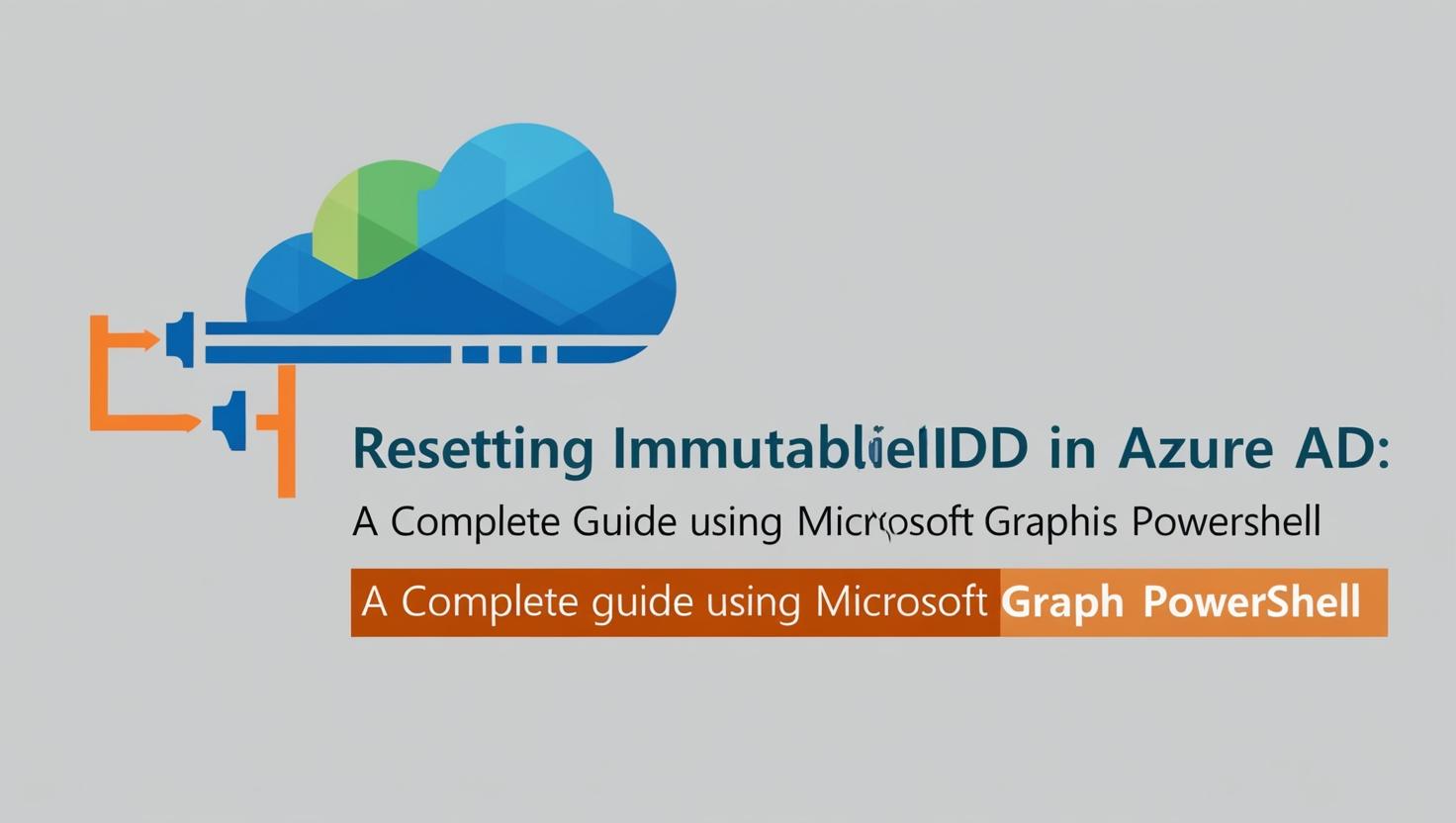

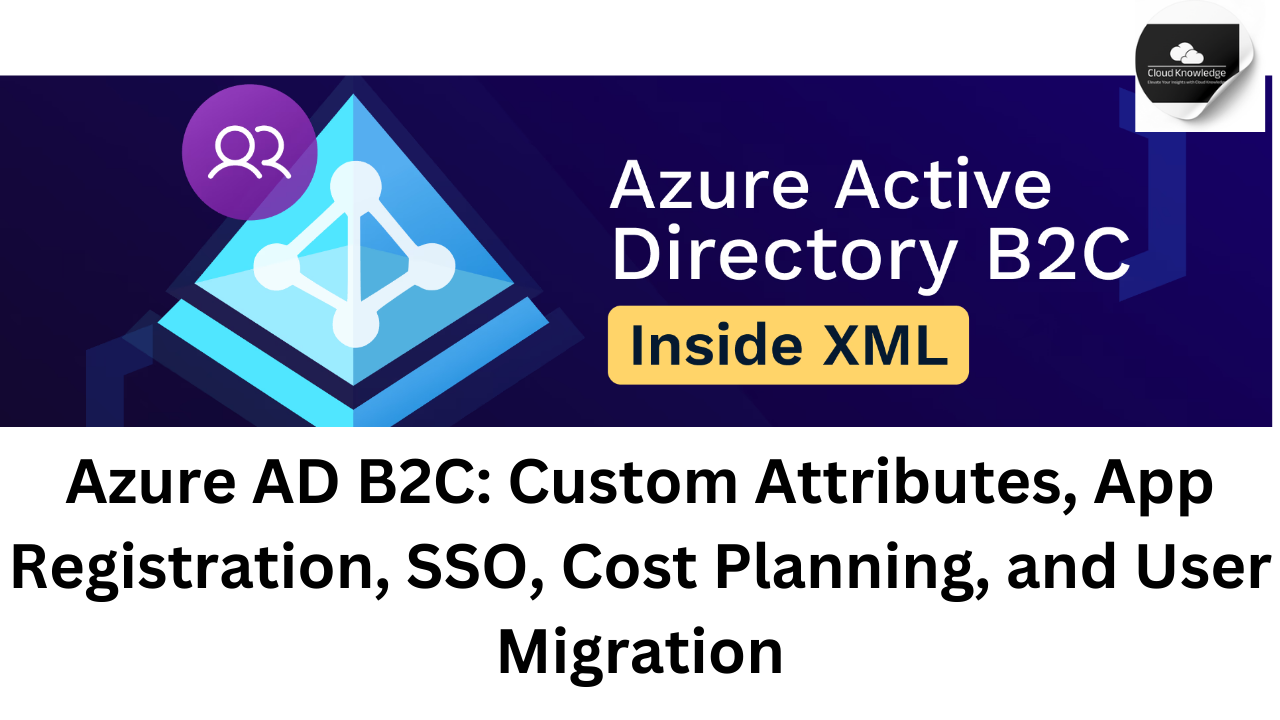
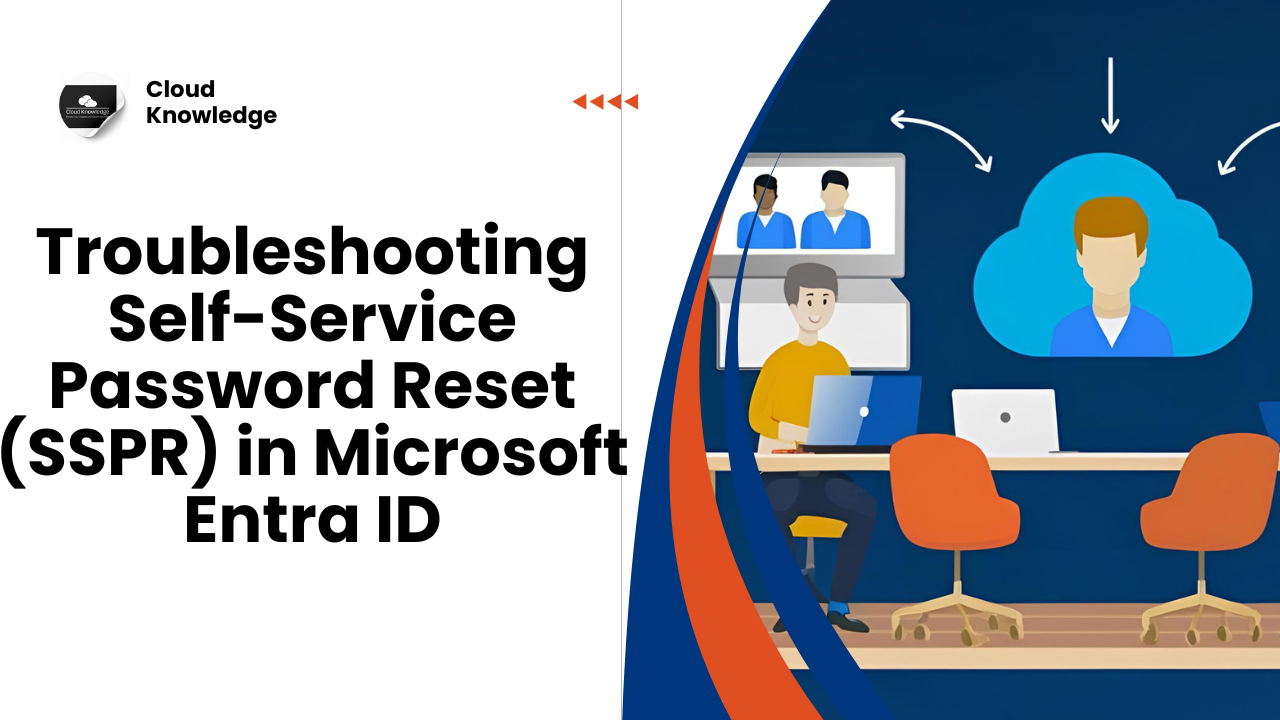
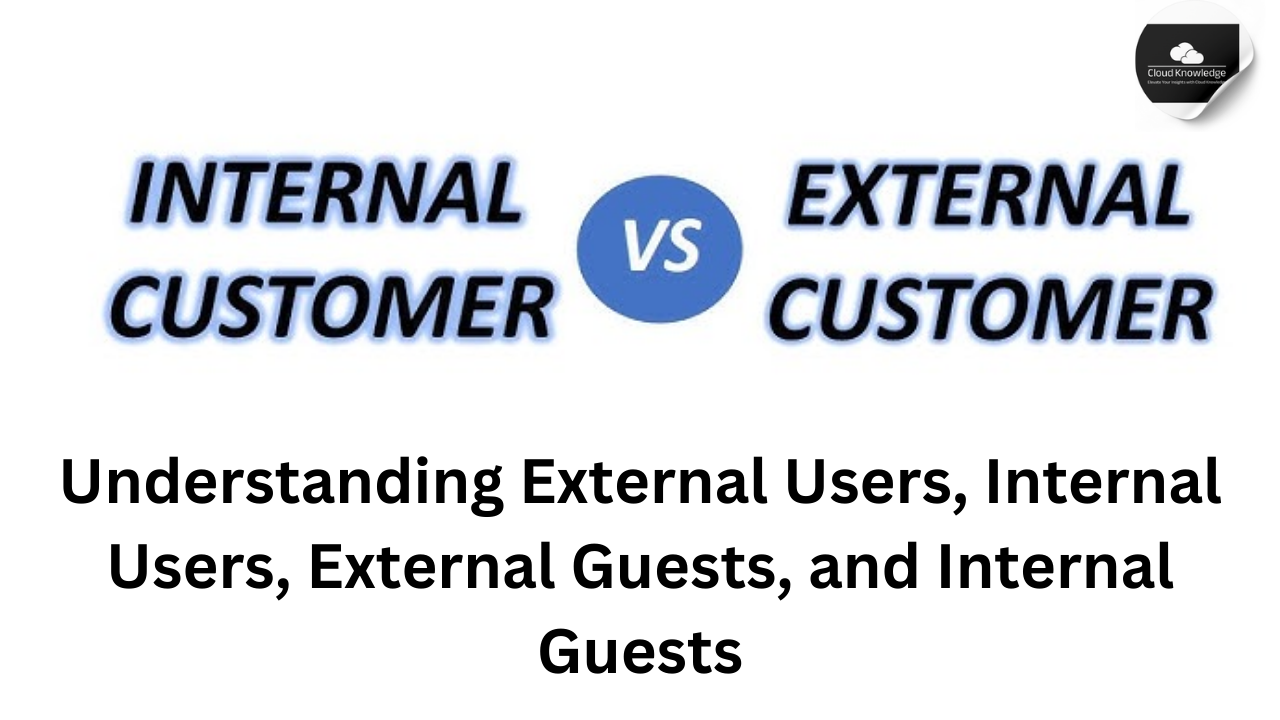

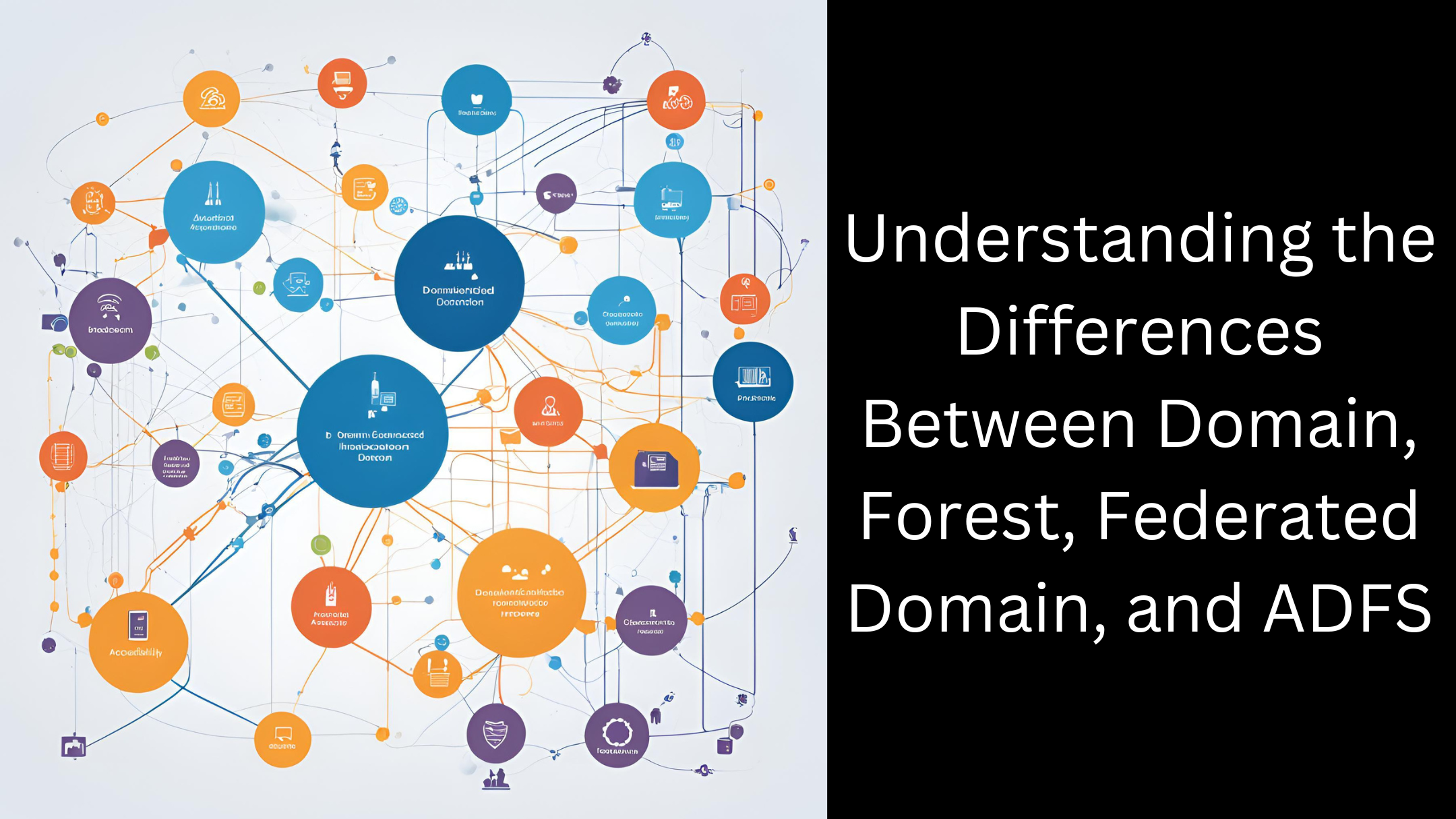
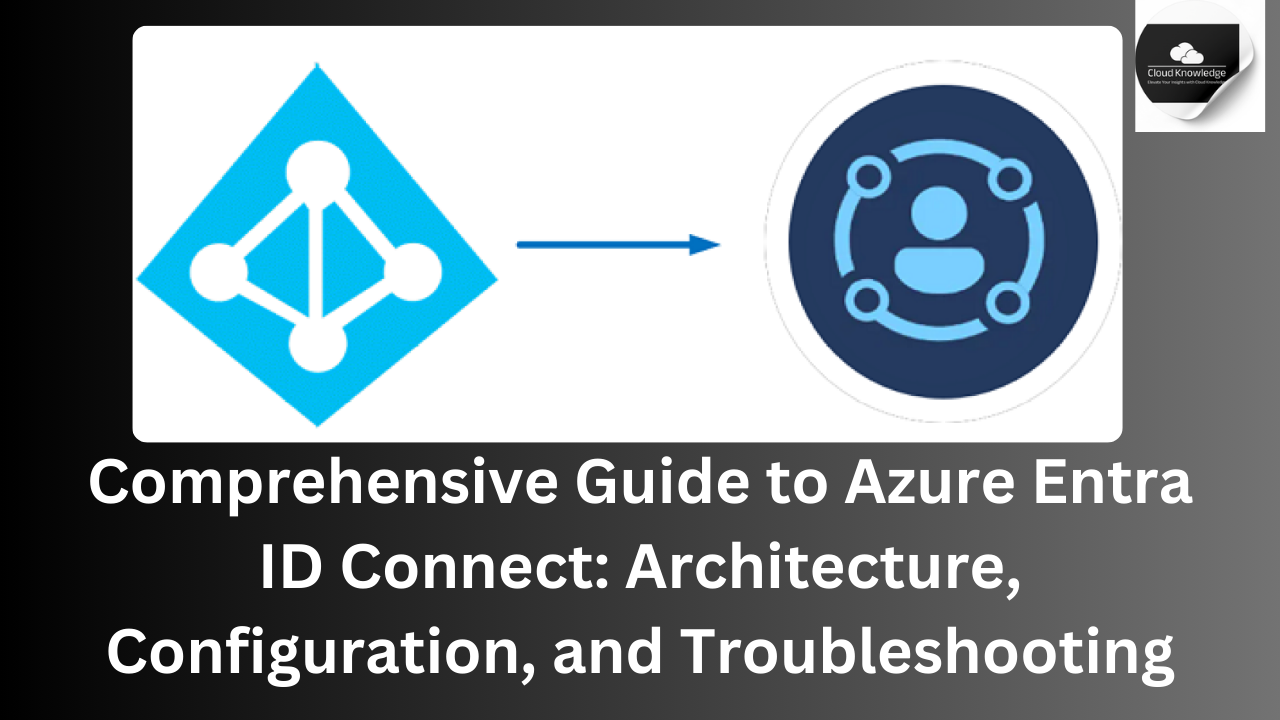

Leave a Reply